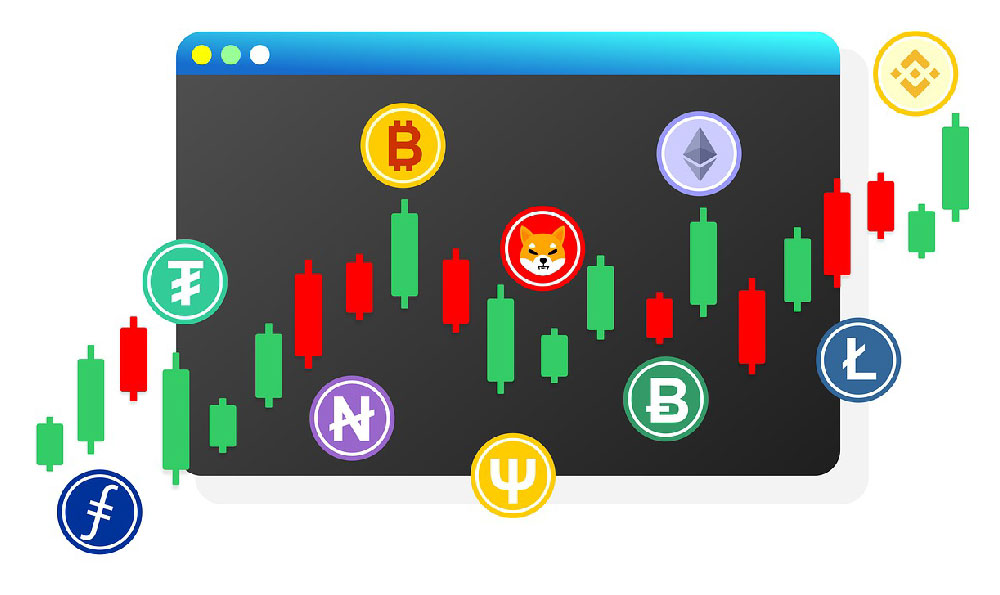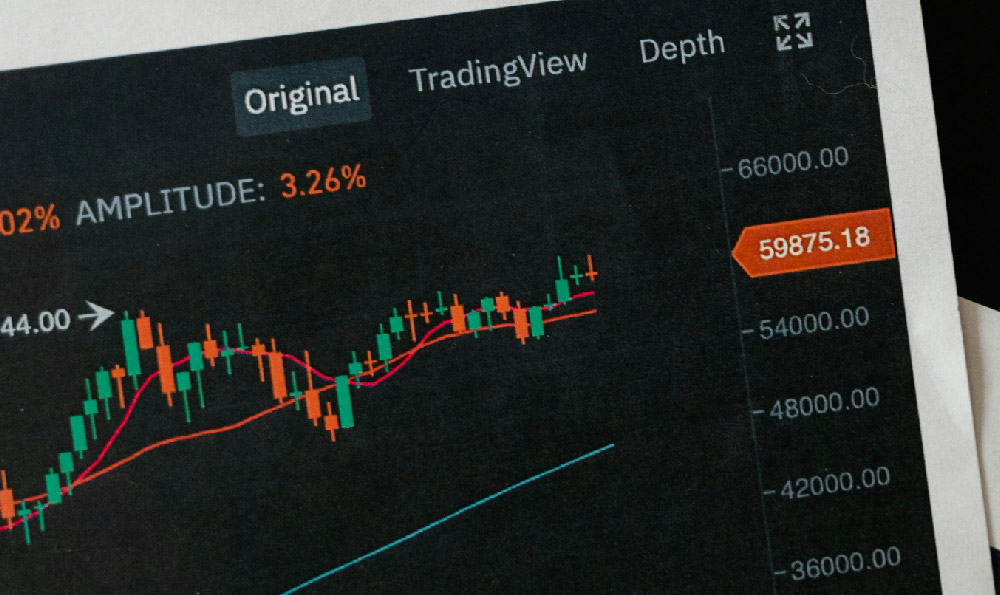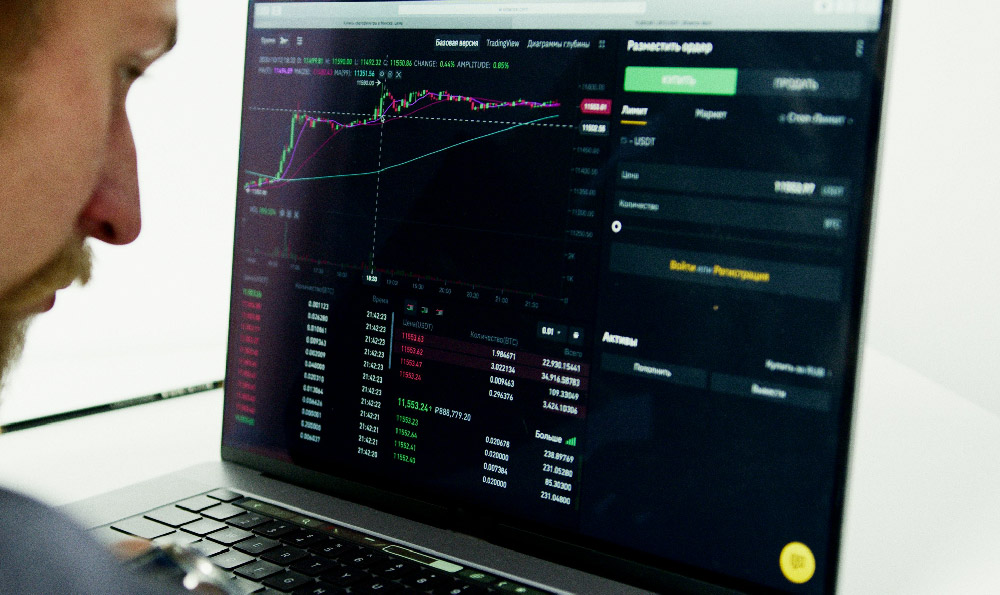Okay, I understand. Here's an article addressing the question of North Korea's revenue generation and income sources, keeping in mind the need for depth, detail, and a narrative flow rather than a point-by-point list, and adhering to the minimum word count.
North Korea's Economy: Unveiling the Mechanisms of Revenue Generation
North Korea, officially known as the Democratic People's Republic of Korea (DPRK), operates under a highly centralized, state-controlled economic system that is largely isolated from the global market. Understanding how this regime generates revenue is a complex endeavor, shrouded in secrecy and often involving activities that skirt international laws and sanctions. Deciphering the DPRK's income streams requires analyzing both its legitimate economic activities and its engagement in illicit operations.

While the DPRK constitution ostensibly guarantees private property rights within the confines of cooperative organizations, the state remains the primary owner of the means of production. Therefore, the foundation of North Korea’s licit economy lies in the exploitation of its natural resources and the production of goods for both domestic consumption and export. Coal and other mineral resources constitute a significant portion of North Korea’s export revenue. The country possesses substantial reserves of coal, iron ore, magnesite, zinc, copper, and other valuable minerals. These resources are mined and exported, primarily to China, though these exports have been increasingly restricted by international sanctions aimed at curbing the DPRK's nuclear weapons program.
Another crucial sector is manufacturing, though its scale and efficiency are limited by technological constraints and a lack of access to international markets. North Korea's manufacturing sector produces goods ranging from textiles and garments to machinery and equipment. These products are primarily sold domestically or exported to a limited number of countries, again facing limitations due to sanctions. Special Economic Zones (SEZs), theoretically designed to attract foreign investment and promote trade, have had limited success due to political instability, infrastructure deficiencies, and the overall challenging investment climate.
Agriculture remains a vital sector, employing a significant portion of the population. However, North Korea's agricultural output is consistently hampered by inefficient farming practices, shortages of fertilizers and equipment, and recurring natural disasters, leading to persistent food insecurity and reliance on foreign aid. The state controls agricultural production and distribution, often prioritizing the needs of the military and the political elite over the general population. The regime attempts to supplement domestic food production through imports, further straining its already limited foreign exchange reserves.
Beyond these conventional economic activities, a substantial portion of North Korea’s revenue is derived from activities that are far less transparent and often illegal. These illicit activities are crucial for sustaining the regime, financing its military programs, and circumventing international sanctions.
One of the most significant sources of illicit revenue is the production and trafficking of narcotics. North Korea has a long history of involvement in drug production, particularly the cultivation of opium and the manufacture of methamphetamine. These drugs are then smuggled and sold on international markets, generating substantial profits for the regime. The involvement of state-sponsored entities in drug trafficking makes it difficult to track and combat.
Another major source of illicit income is counterfeiting. North Korea is notorious for producing high-quality counterfeit currency, particularly US dollars, as well as other goods such as cigarettes and pharmaceuticals. These counterfeit products are distributed through global networks, undermining legitimate economies and generating illicit revenue for the DPRK. The sophistication of the counterfeiting operations makes them difficult to detect and disrupt.
Cybercrime has emerged as a relatively new but increasingly important source of revenue for North Korea. Skilled North Korean hackers engage in a range of cyber activities, including stealing funds from financial institutions, extorting businesses through ransomware attacks, and stealing intellectual property. These cyberattacks are often carried out by state-sponsored groups, providing the regime with a clandestine source of income that is difficult to trace.
In addition, the DPRK profits from forced labor abroad. North Korean workers are sent to other countries, primarily Russia and China, to work in industries such as construction, mining, and forestry. These workers are subjected to harsh working conditions and their wages are largely confiscated by the North Korean government, providing a source of foreign exchange revenue. This practice has been widely condemned as a form of modern-day slavery.
Arms sales also contribute to the DPRK's revenue stream. North Korea has a long history of selling weapons and military technology to other countries, often to regimes that are subject to international sanctions. These arms sales provide a valuable source of foreign exchange and contribute to the DPRK's military capabilities.
Finally, remittances from North Koreans working abroad, both legally and illegally, contribute to the regime's coffers. While the amounts may vary, the aggregate sum is significant, especially when coupled with the forced repatriation of wages from workers sent abroad under government programs.
In conclusion, North Korea's revenue generation is a complex and multifaceted issue. While legitimate economic activities such as mining, manufacturing, and agriculture contribute to the DPRK's income, a significant portion of its revenue is derived from illicit activities such as drug trafficking, counterfeiting, cybercrime, and forced labor. These illicit activities are essential for sustaining the regime and circumventing international sanctions, highlighting the challenges in addressing North Korea's economic and political isolation. The interplay between these licit and illicit activities underscores the resilience of the DPRK regime in the face of international pressure and its determination to pursue its own agenda, often at the expense of its own population and the stability of the region. The intricate web of economic dependencies and illicit practices makes understanding North Korea's revenue sources crucial for crafting effective strategies to address the challenges posed by the regime.












